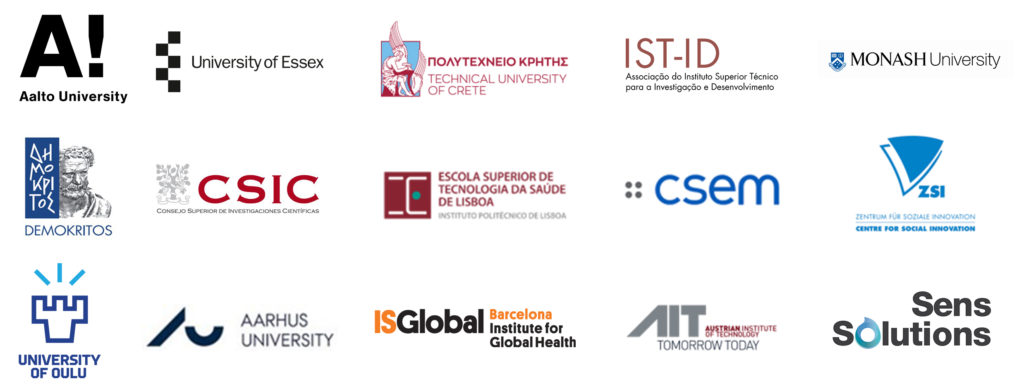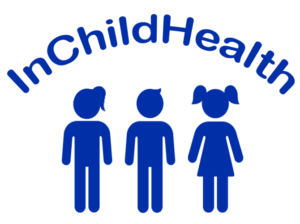
- The InChildHealth project will integrate health, environmental, technical and social sciences research to identify determinants for Indoor Air Quality (IAQ) and evaluate their impact in environments occupied by school children.
- Real-life indoor air quality (IAQ) data will be collected across Europe.
- User-friendly and low-cost monitoring technologies and strategies (technical and behavioural) to improve IAQ and reduce disease burdens will be developed.
- Citizen science initiatives will be launched for a wider societal impact.
- The InChildHealth project was launched in September 2022 and will end in 2026.
Helsinki, January 31st 2024. People spend most of their time in indoor environments. Understanding the links between indoor air quality and its effect on health is paramount to guarantee a safe indoor environment. InChildHealth will integrate health, environmental, technical, and social sciences research to identify determinants for Indoor Air Quality (IAQ) and evaluate their impact in environments occupied by school children.
The InChildHealth project has gathered skilled and interdisciplinary research experts from microbiology, medical, social science, chemistry, heating and ventilation, and technology development fields. Two large sampling campaigns will help collecting real-life indoor air quality data in different European climates. The data collected will be compiled to create the InChildHealth Integrated Risk Assessment Tool, which will provide information on the interactions between the sources, emissions, concentrations, exposure, doses, and disease for children.
One pivotal axis of this project is the development of user-friendly and low-cost monitoring technologies and strategies (technical and behavioural) to improve IAQ and reduce disease burdens. To maximize the reach of the InChildHealth project large citizen science initiatives will be implemented across in Austria, Denmark, Finland, Greece, Portugal, Spain, and the UK. The citizen science activities will boost the involvement of children within our research project and improve their understanding of indoor air quality and health.
The findings of this project will be disseminated as guidelines, recommendations, and training material. Such material will support the IAQ regulatory framework in schools, facilitate IAQ management, and broadly promote healthier indoors.
Large sampling campaigns across Europe
Large indoor and outdoor air quality measurement campaigns will be conducted in 7 countries. The integrated exposure campaign focuses on monitoring indoor air quality to map daily exposure of children at schools, at homes, in sport centres and in transports. Data will be collected during cold and warm seasons in Austria, Denmark, Finland, Greece, Portugal, Spain, and the UK.
Alongside air quality measurement campaigns, we will conduct one-year epidemiological studies in schools in three countries (Denmark, Finland, and Spain). The epidemiology study focuses on monitoring and understanding the effects indoor air quality may have on school children health. Over 7 500 primary school children will participate in the epidemiological campaign.
Partners across nine countries in Europe, the UK and Australia, and €8M in funding
The InChildHealth project involves 15 partners across nine countries and is co-funded by the European Health and Digital Executive Agency (HaDEA)as part of its “Indoor air quality and health” call under the Horizon Europe Framework Programme. This project is also receiving funding from the UK Research and Innovation (URKI), the Swiss State Secretariat for Education, Research and Innovation (SERI), and the Australian National Health and Medical Research Council (NHMRC).

